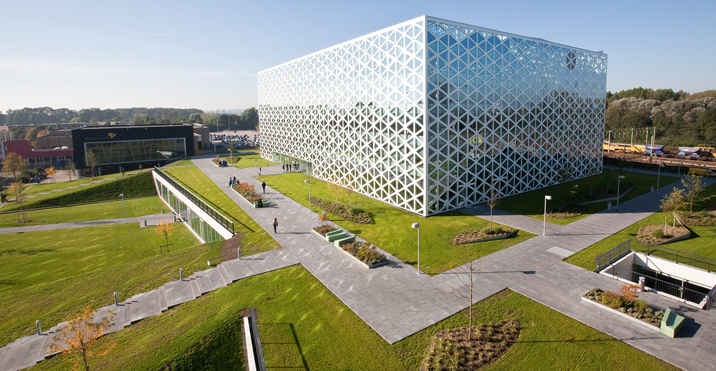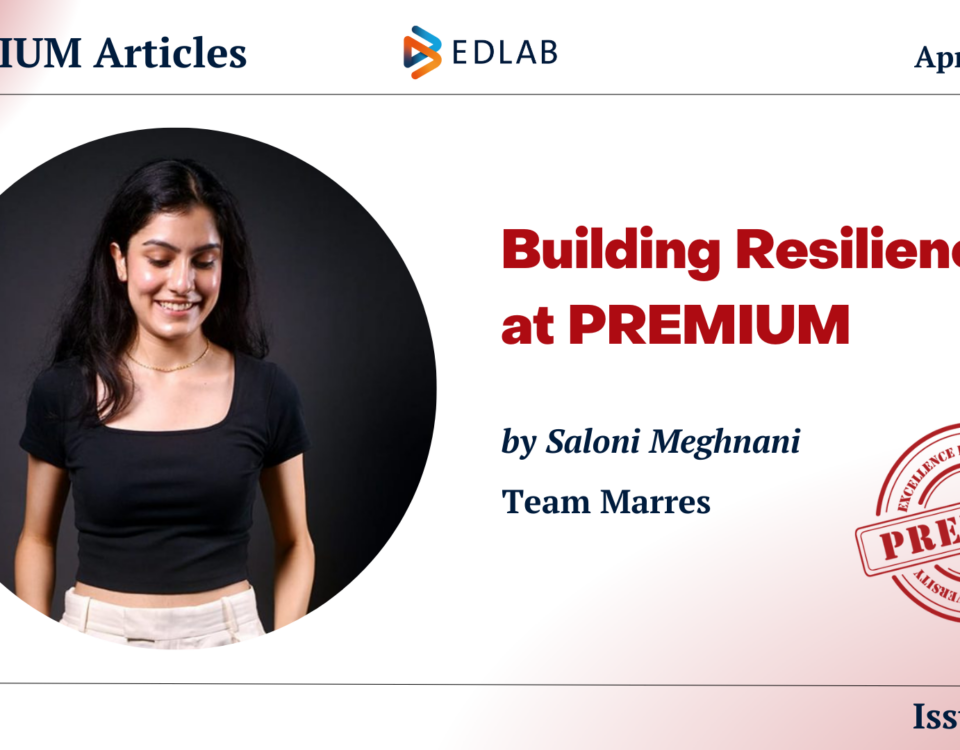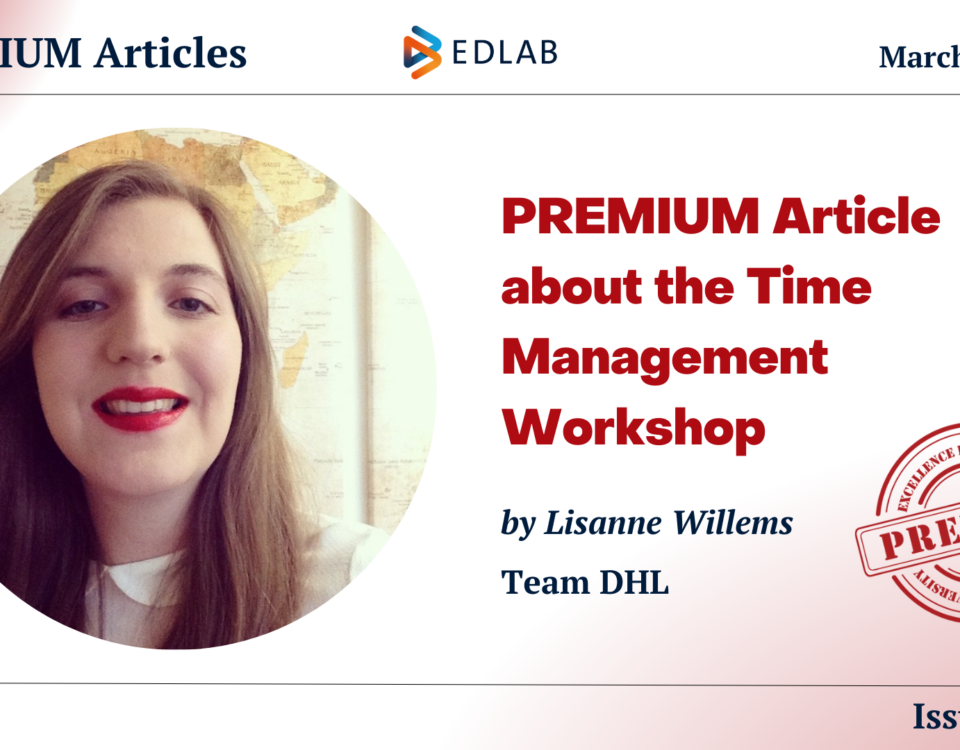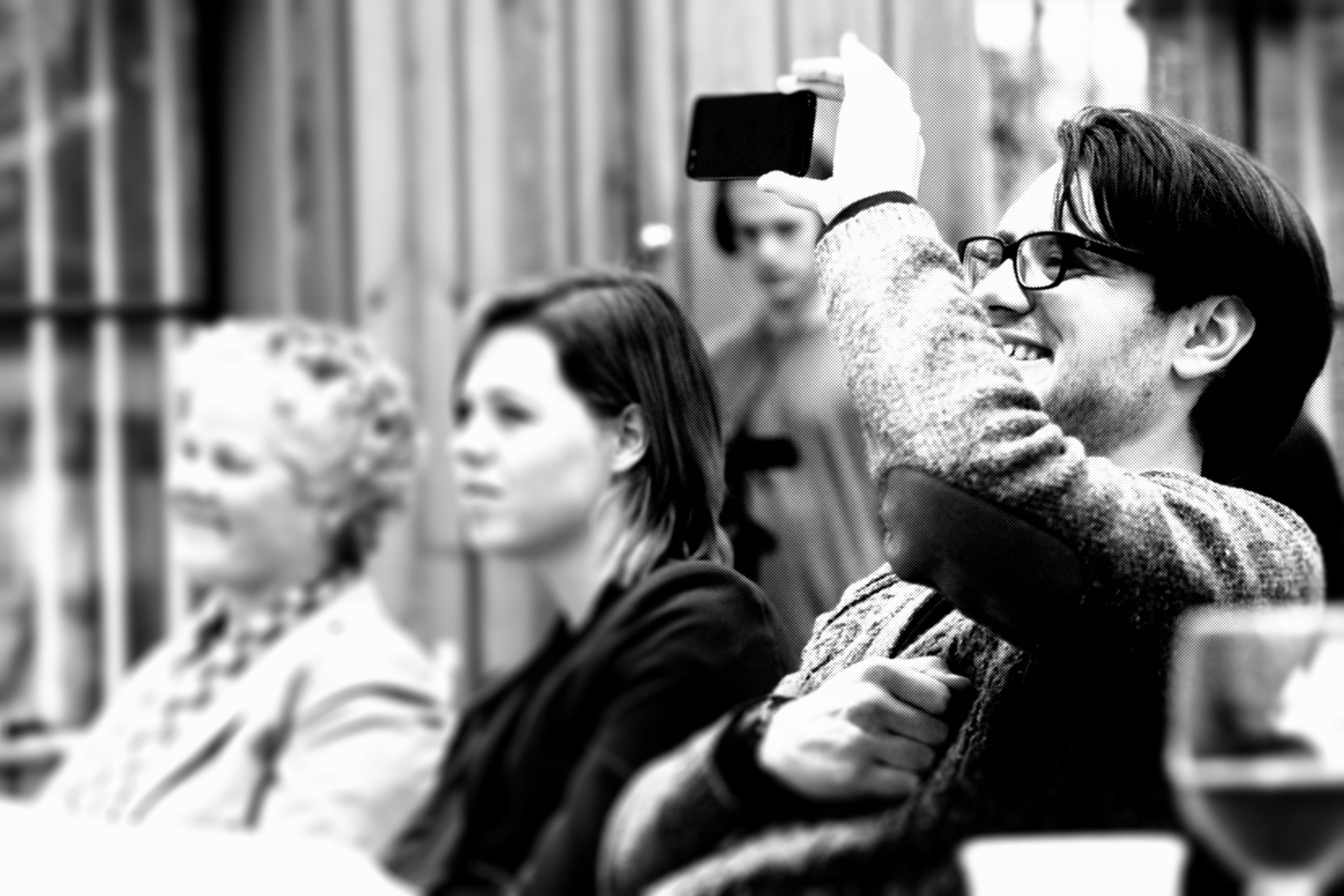
The PREMIUM mentor experience of Robert Ciuchita
09-11-2016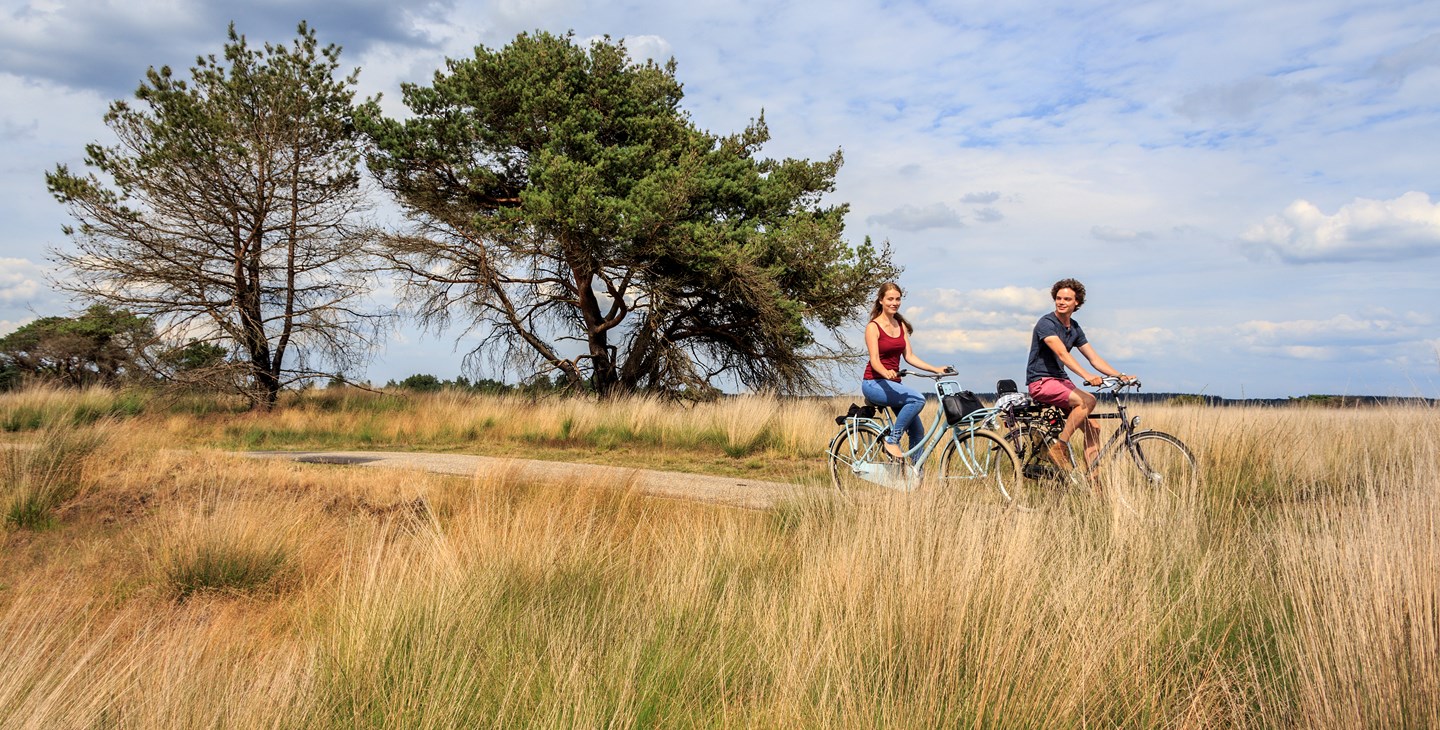
Healthy living: daily activities will do the trick
11-01-2017On 8 and 9 June 2017 Windesheim University of Applied Sciences hosts the International Honours Conference.
Do you want to give your work a second life?
Did you do interesting research? Did you work on an innovative project? We challenge you to share your work at the poster session of the 2017 International Honours Conference. You might be the first to win an IHC award in your category.
This conference fits into the tradition of national Sirius / honours conferences – the previous events took place in Groningen, Rotterdam, Amsterdam, Nijmegen, and Utrecht. The central theme of this year’s conference is Honours Communities. The conference seeks to strengthen communities on local, regional, national and international level and deepen and broaden the honours community experiences of students, lecturers, researchers and the work field.
Keynote and Preconference programme
The keynote of the conference will be held by Etienne and Beverly Wenger-Trayner globally recognized thought leaders in the field of social learning theory and communities of practice. During the preconference programme on 7 June Etienne and Beverly Wenger-Trayner will facilitate case clinics; subscription will be available from February 2017.
Call for proposals
Creating community is the central theme of the 2017 International Honours Conference. The goals of the conference are to strengthen honours communities on a local, regional, national and international level, to deepen and broaden the community experiences of students, lecturers, researchers and the work field, and to give students a podium to present their research and innovative projects in collaboration with Glocality (Open Access Undergraduate Academic Journal).
The conference tracks are:
1. Creating Community
2. The honours learning experience
3. The honours lecturer
4. Honours’ impact: honours and career, honours and society
5. International collaboration and/in honours
6. Students’ poster sessions for (under)graduate research and innovative projects (in collaboration with the undergraduate academic journal Glocality)
Each track welcomes proposals for different types of presentations and sessions, such as workshops, round-table discussions, research seminars and panel meetings. You can download more information about the different tracks and types of sessions on the right side of this page . The duration of each session is 75 minutes. The conference board especially welcome submissions in which faculties present together with students and/or the work field/community.
The sixth track is for students only. Students can present their (under)graduate research and innovative projects and may win the IHC 2017 award in their category.
Apply now!
Did this information trigger your interest, feel free to apply via this link.
For more information, click here.

